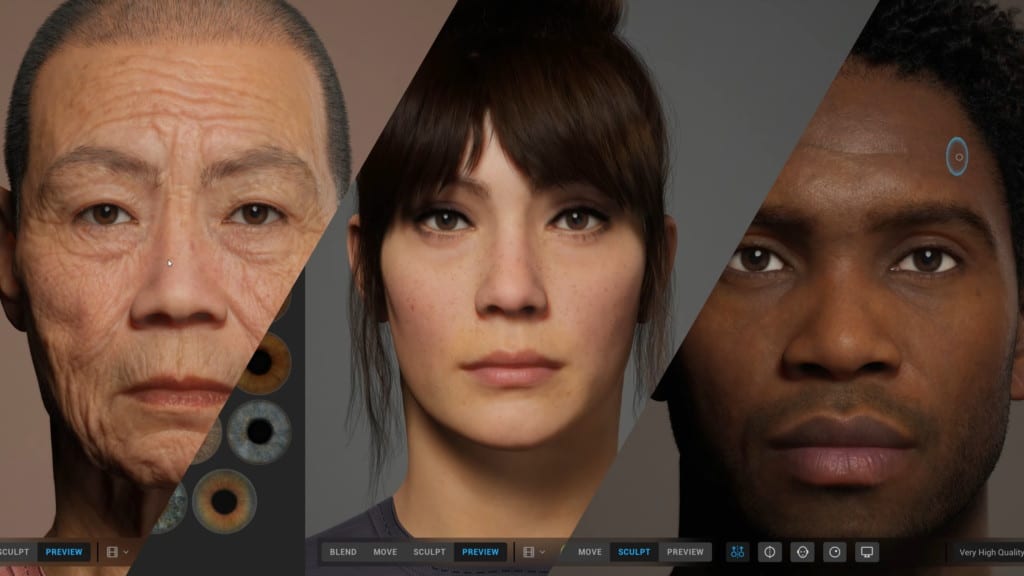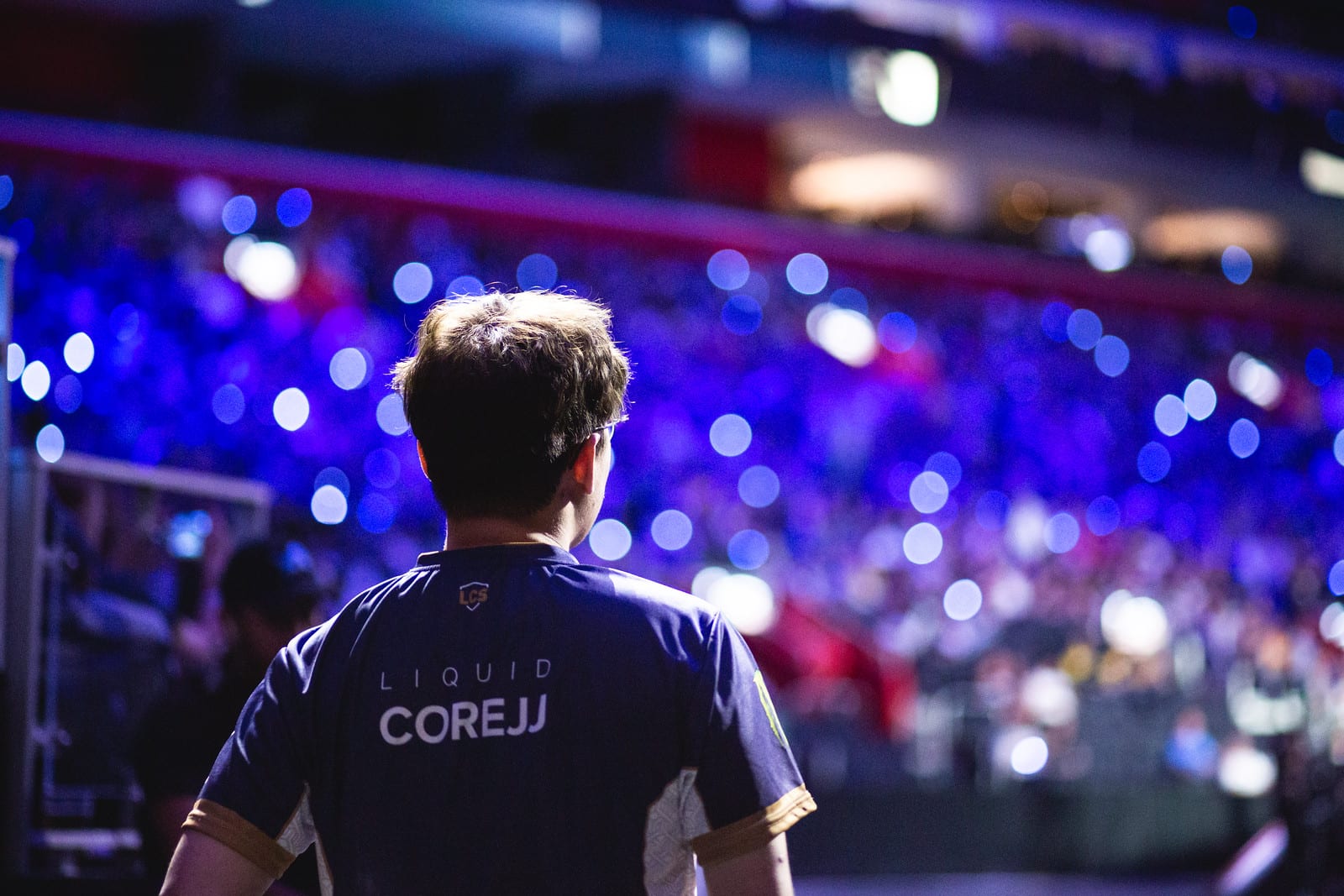
Axiomatic Partner
Epic Games
Industry:
Entertainment Software
Investment Date:
October 2018
Accolades:
350MM+ users and 2.3B social connections
The Fortnite Phenomenon
Epic Games is an American video game and software developer and publisher revolutionizing the digital gaming metaverse through its blockbuster game, Fortnite, and its preeminent Unreal engine.
Founded as Potomac Computer Systems in 1991, Epic represents a bold, new and gamer-controlled world, disrupting the possibilities for game publishing and the growth of digital entertainment overall.

The Unreal Engine
Unreal Engine, which is already used to produce many of the world’s leading games, movies and virtual experiences, is at the core of Epic’s business and pioneering approach towards live, in-game experiences.
Unreal Engine is an innovative suite of tools and technology that helps third parties produce virtual experiences without engineering the code needed to make them run. The industry commonly uses two engines – Unreal and Unity. Unreal is typically considered best for visually rich games, especially multiplayer titles found on PC and console.
In May 2020, Epic announced it would waive the entire Unreal licensing fee for a game’s first $1MM in gross revenue – taking a bold step towards the democratization of gaming content and allowing developers to focus on the creative qualities of their titles and invest in their future.
Epic’s Unreal tools have enabled the publisher to create an immersive destination where gamers can play, host, create unique battle royale competitions as well as participate in cross media experiences in music and film.

Fortnite
This includes, of course, Epic’s Fortnite, one of the world’s most played and profitable games. In just a few years, the title has helped Epic rapidly transform and expand its business. Since 2018, the company has launched the Epic Games Store and Epic Online Services, acquired social video app Houseparty and introduced Epic Games Publishing. Additionally, Epic now operates one of the Internet’s largest social networks (350MM+ users and 2.3B social connections in May 2020).
Fortnite is now recognized as a virtual atmosphere where brands, IP and talent can engage with creatively and freely engage with gamers. This includes live, in-game concerts from Marshmello and Travis Scott which held the title of most widely attended music events (in game or out), teasers and QAs around Star Wars films, bespoke locations where bands like Weezer host listening parties and “limited-time modes,” where fans can check out new Jordan drops or get a feel for other games’ aesthetics and playstyle.
Additionally, Fortnite players have developed an organic, sub-economy where they build and monetize original content. This ranges from skins and emotes to larger experiences like scavenger hunts and gaming or storyline crossovers.

The Metaverse
Technology experts agree that the Metaverse – a shared, virtual and always-on community space – will require countless new technologies, protocols, companies, innovations, and discoveries to function. It will slowly emerge over time as new products and innovations continue to integrate and meld.
Epic’s growth has already led to major shifts in the media and entertainment industries. Major companies like Sony and Microsoft have opened up parts of their gaming ecosystems and Hollywood studios have allowed their franchises to intermingle more often.
In Fortnite’s Creative Mode, players can use their avatar to enter one of thousands of doors that transport them to different worlds. In a time where an in-game character in a Spider-Man outfit can dance with an NFL-apparel clad fan in the middle of Gotham City, the digital and the physical come together to celebrate fan culture.


